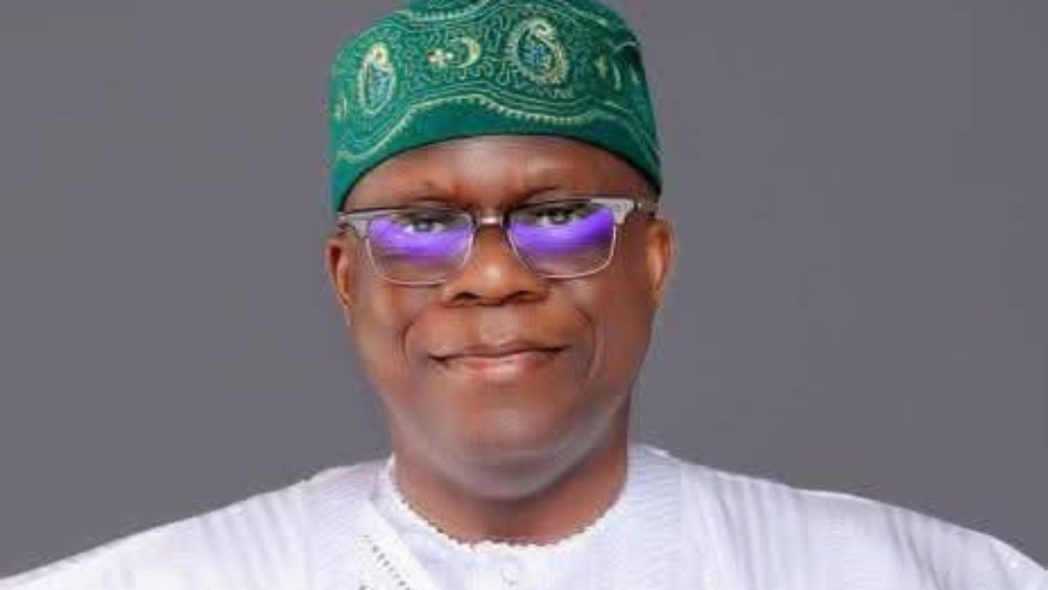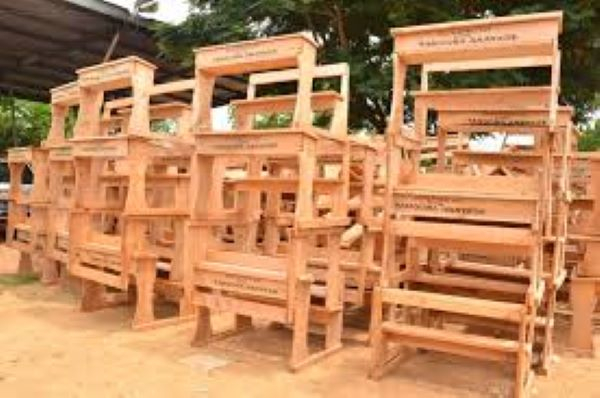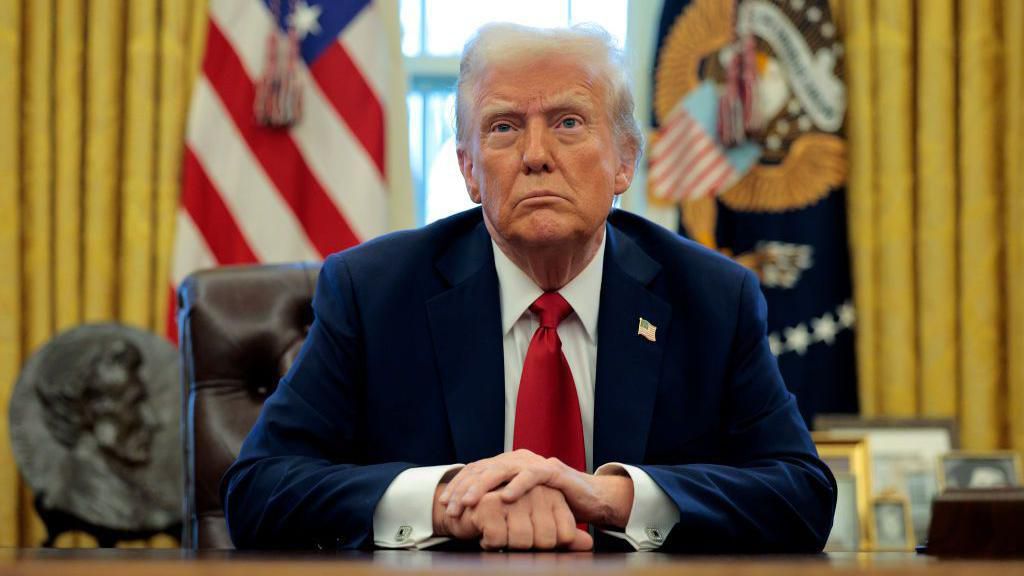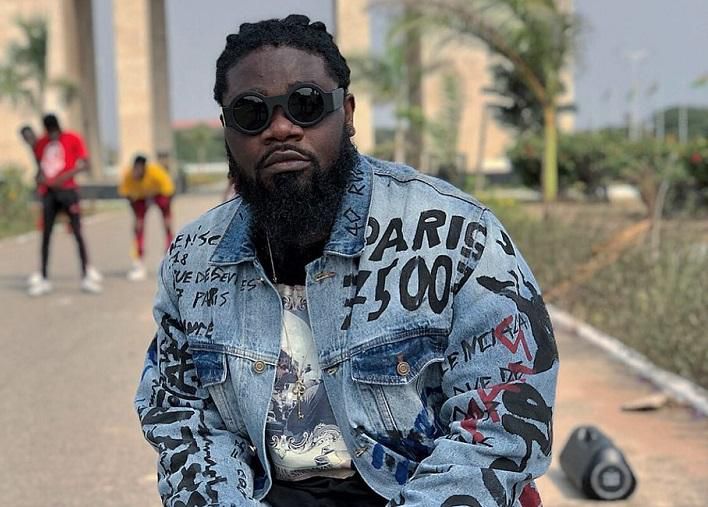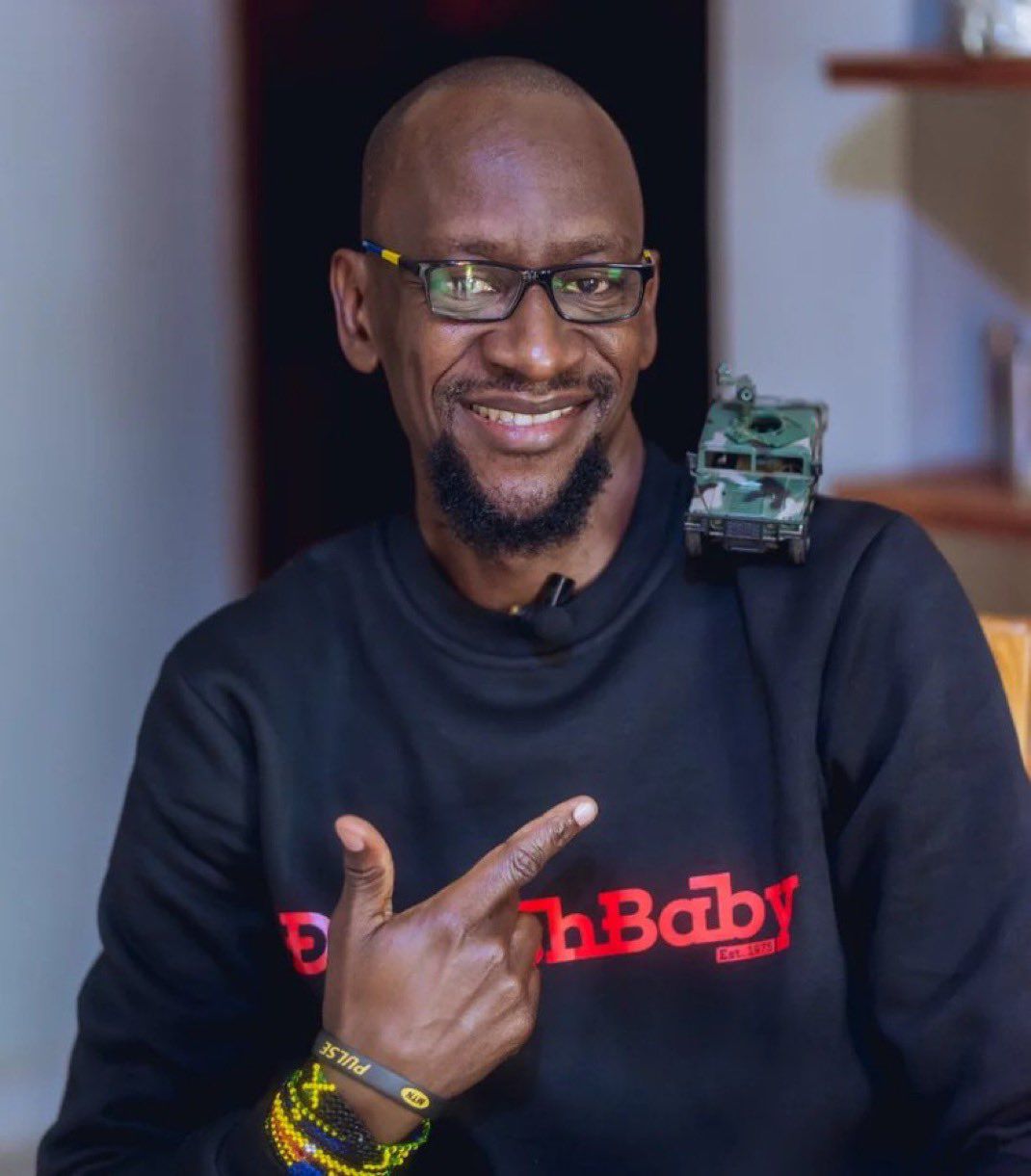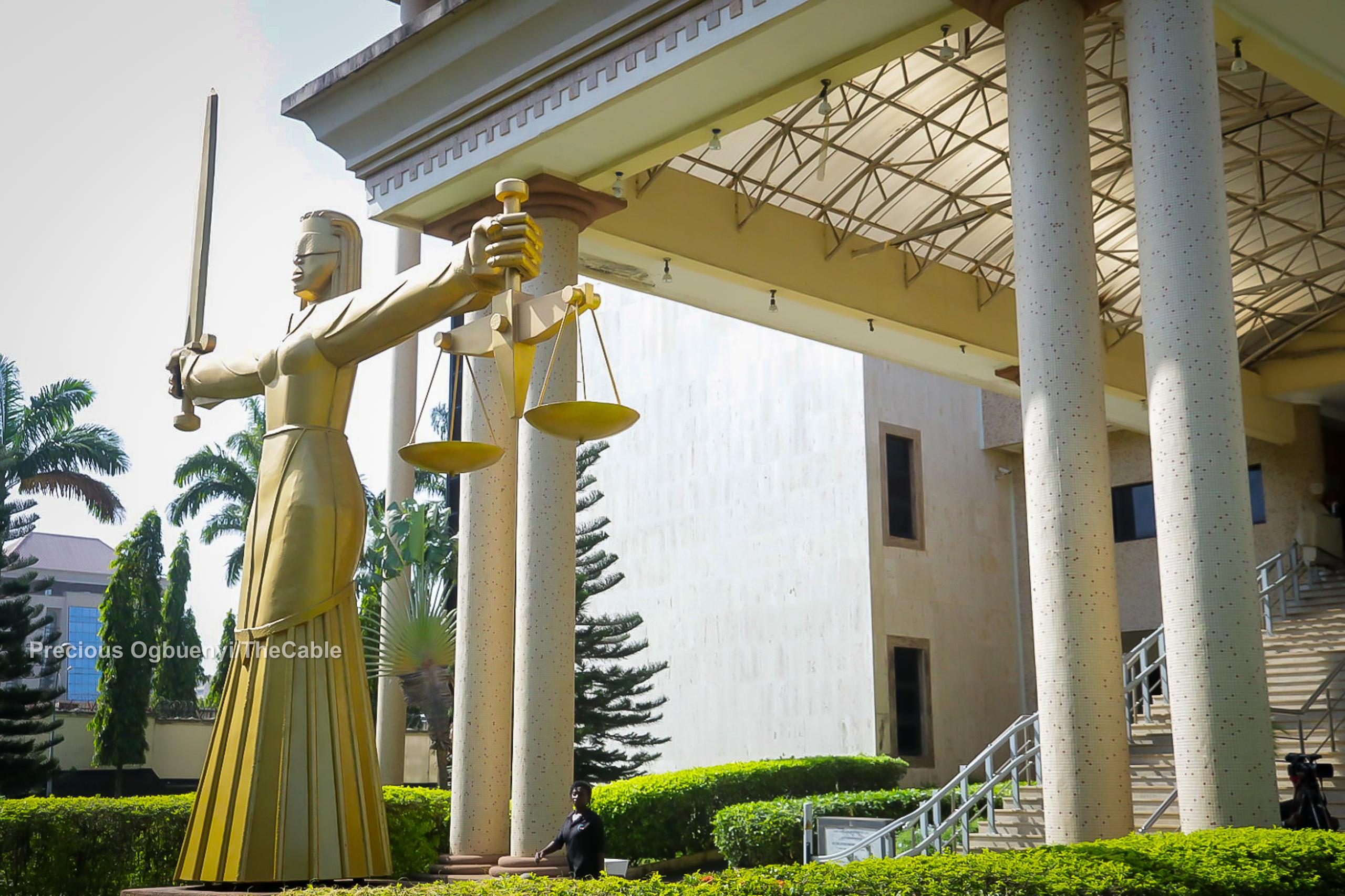Democracy and the Republic of Poverty
Two subjects- Democracy and Poverty- offer a freedom that I feel free to delve into for this occasion. We live in an assumed democracy in which poverty has become the most common feature of social being and economic existence. Whether you are rich or poor, the consequences of both democracy and growing poverty govern your daily life. If you are rich, your ability to keep your fortune depends on whom democracy delivers to regulate and protect your business. Similarly, your ability to enjoy a peaceful sleep at night is now a function of the insomnia among the many poor people.
The relationship between Democracy and Poverty is now a universal concern. It happens that these two words dominate and unite today’s world. The rhetoric of order among nations and within nations is now ruled by the problems of democracy and those of inequality. While democracy defines the disposition of power and the ways in which the powerful organize societies to determine who rules and who is ruled, equality defines the relative access of the people to scarce resources. The poor are those who are farthest away from the sources of resources and the distribution points of national resources.
Democracy is first about who decides and who decides who decides. It is in addition about how societies decide who decides for them. On the other hand, poverty and inequality describe the plight of the majority of humanity who are farther away from where decisions about power and resource allocation are made.
Democracy describes the degree of freedom to choose and be chosen in a society. The first condition of democracy is therefore freedom from the things that threaten our right as humans to make free choices about how we are ruled and who rules over us. We are talking about freedom from hunger, want, material deprivation, insecurity and other constraints that keep men and women chained to the state of nature.
This is why the achievement of material contentment and reduction of poverty always precedes the flowering of democratic freedom. If we go back to the emergence of democracy in Western Europe, we see this clearly. It was the Industrial Revolution that increased the prosperity that enabled people to overthrow kings and monarchs and demanded the right to vote directly for those who would rule over them. Monarchies were toppled, kings were beheaded, decapitated bodies of queens were paraded on streets populated by commoners. Parliaments of elected deputies replaced kingly courts. Elected leaders emerged to either displace of share power with the dethroned kings.
In Asia, it was the creation of new prosperity by military autocrats that suppressed labour unions and freed those with new wealth to demand civil and political rights. The majority were empowered by new prosperity to demand democratic rights. Democracy came riding on the back of prosperity and the deathbed of autocracy.
In Africa, democracy has remained stunted because post colonial parliaments were decreed into existence on the backs of poor people. The form of political organization preceded the content of the lives of the people. An unproductive political elite foisted formal democracy on the people who were mostly poor. This is the major reason why democracy has remained stunted in most of Africa.
Though increasingly popular, democracy has become a very divergent concept among nations of the world. It is easily the most abused word or concept in the world. It is used freely to describe a wide variety of modes of power acquisition, allocation, succession or abuse in different countries. The wide variety of forms of governance in the 27 countries that make up the European Union are democracies. The United States has long been touted as the bastion of global democracy in which the power of the people enthroned and empowered a government of the people by the people for the people.
China claims it is merely a one party democracy. It is the people as members of the Communist Party who decide who rules and decides for its over 1.4 billion people. . To that extent, China is a one party democracy.
Russia, Hungary, the Philippines and Turkey have enthroned a different format of democracy. This is a hybrid between authoritarianism and populist democracy. This is what is now called illiberal democracy. You are represented but not necessarily free to choose who represents you. Argentina, Brazil and a good number of Latin American countries have borrowed elements from here and there to constitute their peculiar forms of democracy. What unites all these iterations of democracy is that periodically, people are made to vote for new leaders and the outcome of the voting ritual determines who rules.
On the scale of relatively free democratic traditions, of the 54 countries in Africa, less than 20 can be described as democratic in significant ways. There is now something called African democracy with its peculiar features. It is a democracy united by the preponderance of majority poor populations. To a great extent, it is this factor of predominant poverty that distinguishes different versions of African democracy.
Nigerian democracy therefore derives its specific character from the new identity of Nigeria as the world’s leading capital of poverty.
2. Threat of Endemic Poverty in Nigeria
The National Bureau of Statistics (NBS) stirred an unnecessary storm when it joined the rest of the enlightened world to recalibrate poverty in national life. It revised the definition of poverty by shifting from the now proverbial living on $2 a day to something called “multidimensional poverty”. This has unsettled our politicians. While the politicians are used to saying that we have an internal poverty republic of about 100 million people, the new NBS categorization now puts Nigeria’s poverty population at a disarming 133 million. This represents 65% of the fictional total population of about 220 million. In simple language, this means that those who are NOT poor have now been overwhelmed by the poor. The poor are now omni present, literally all over us in fulfiment of the Biblical saying that “the poor you will always have with you”.
AS at the time of this writing, the World Bank has revised and updated the poverty statistics as they relate to Nigeria. As at 6th May, the World Bank reported that the poverty rate among rural Nigerians is now at 75%. Similarly, 41.3% of the urban Nigerian population now lives below the poverty line. This clearly indicates that unlike previously when poverty was mostly a rural affliction, it is now a national emergency. This is a deterioration from the situation that obtained in 2018/2019 when only 30.9 % of the population lived below the international extreme poverty line. This indicates that the figures have doubled instead of improving.
Under the Multidimensional Poverty categorization, poverty is merely broken down into its familiar indices: homelessness, lack of access to food, healthcare, education, affordable energy, fair opportunity etc. These lacks are now recognized as the defining indicators of poverty. Nothing in this postulation sounds like ground breaking rocket science. Telling us what everyone already knows and using that obvious measure to arrive at a new poverty demographics is merely shifting the furniture in an old familiar home.
While the more academic disputation about categories and indices rages, no one has dared dispute the golden basic economic rule of poverty: if your country is mostly unproductive with a GDP growth rate that is slower than the rate of your population growth rate, your road to universal poverty is guaranteed.
Poverty does not need too much academic disputation. Nor does it require too many clashing intellectual definitions. The indices and markers of poverty are all too familiar. A lifelong embrace with poverty leaves permanent unmistakable scars. If you have no roof over your head, you know who you are. If there is perennial uncertainty about where the next meal will come from, you can guess where you belong. If you are tormented by avoidable and curable diseases and you dare not find a hospital, health center or pharmacy shop because you have no money, you can draw your conclusions. Worse still, if junior cannot continue in the neighborhood school because there is no way of paying his fees, his fate is nailed. Lack of access to everything that distinguishes humans from beasts in the state of nature is the commonest definition of poverty. The poor know themselves and their condition. We also know them but sometimes prefer to live in criminal denial.
Poverty does not joke with its victims. It afflicts, scars, invades, ravages, dominates and pervades whole segments of the populace. It rapidly conquers territory as we notice shanty towns and slums spring up right before our eyes to surround our fancy new estates and palatial neighborhoods. An adversary that has conquered 63% of a national population and living space is not a laughing matter. Surrounded by such a rapacious and aggressive enemy, we all are doomed.
By its rate of increase and the dislocations it breeds, poverty has become a national security issue of urgent concern. The Nigerian state is today threatened by factions of its own citizens mostly united by the universal lack of access to the indices of poverty as identified by the statisticians. The criminality, violence and insensitivity of those entrapped in the internal poverty republic has made life unsafe for the rest of us. Insecurity defines our national space. Fear rules our lives. Everybody is afraid of everybody. To keep us safe, the state has to buy bigger guns than the criminals with the money meant for medicines, school books, basic housing and clean water. A society that should be at peace is spending fortunes on the instruments of war.
Worse still, poverty has grown somewhat resilient and incremental. Upward mobility and the pursuit of the dream of a better life by succeeding generations is fast disappearing from our psychology as a people. Downward mobility is now the norm.
It used to be part of the ‘Nigerian dream’, the ethos that with education and dedicated hard work, one could overcome poverty in one lifetime or generation. It used to be a favorite saying among us that the poverty in our beginnings will not accompany us to the grave nor escort our children through life. Not anymore.
These days, the most pervasive and assured legacy that people pass on to succeeding generations is a near universal assurance of poverty. Poor parents survived by even poorer offspring in a land devoid of opportunities. Poverty as an inheritance and a legacy defines a new pervasive lack of upward social and economic mobility that now pervades the Nigerian nation space.
The demographic rate of increase of our poor population is the highest in the world. Every hour, an average of 50 Nigerians are entering the poverty republic with no hope of returning or exiting. As people migrate into poverty, there is hardly any opportunity or measure to reduce the population of the poor. It is a one- way ticket. As the new graduate leaves the village in hopelessness with no hope of returning better than he is leaving it, the elders pour libation and wish him well: “Go in peace and never return the way you leave us…”
Not any more. Parents now impoverish themselves to educate their children only to discover that those children can not find work nor do they have a chance to replenish the assets sold to pay for their education.
In this atmosphere, the plight of democracy is foreseeable. Those who keep lamenting the plight of Nigerian democracy have failed to locate the bulk of the crisis in the ever expanding frontiers of poverty in our country. Over time, Nigeria has ended up redefining democracy in our own image as: “Government of the poor by the rich for the rich…”
3. It all takes us back to the Mathew effect from Biblical literature.
“Whoever has will be given more, and they will have an abundance. Whoever does not have, even what they have will be taken away from them” (Mathew 13:12).
In the ever shrinking landscape of opportunities in our economic space, politics has emerged as the most dominant sector of our national economy. It is a sector in which the investment climate is relatively unrestricted and minimally unregulated. The entry requirements are faily liberal. You probably need a basic school certificate obtained through schooling or some affidavit or purchased at Oluwole. You need start up capital which would be a lot of cash carted around at night in “Ghana Must Go” bags or in the trunks of cars. The investment may be considerable initially but the return on investment is more attractive than in virtually any other industry. Of course the chances of failure are there as in any other business. But success guarantees a great escape from the Poverty Republic.
Nigerian politics is the only industry in the world where a pauper that used to travel from Lagos, Port Harcourt or Maiduguri by night bus suddenly graduates to travelling the same route by private jet perhaps for the rest of his life.
This embarrassing statistic has turned politics and democracy into a vicious scramble rather than a contest for leadership. People are ready to kill or be killed in the race for power.
Let us make no mistake about it. The political industry has in the last 25 years been a net contributor to the national GDP. Abuja has become more like Washington DC, the location of choice real estate and corporate offices of businesses that deal in invisible trade. Abuja is today arguably the most expensive piece of real estate on the African continent.
What we are witnessing is a deliberate weaponization of poverty as a political strategy. Government policies are deliberately designed to deepen the levels of poverty and desperation.
People therefore change their parties as often as imaginable. Politicians have breakfast in one party, lunch in another and maybe dinner in a totally different party.
In this landscape, there can be no free and fair elections. Selection replaces election. The security apparatus of the state becomes an extension of the rival private armies of politicians while the rest of the populace, predictably poor, fan out into dangerous factional private armies armed to the teeth to empower their patrons.
The highest bidder wins the escape from the poverty republic. Votes that cannot be bought in cash are transacted through ‘ways and means’ in the form of what is now called the ‘soft power’ of “stomach infrastructure” in the form of loaves of bread, small cash enough to fund just one pot of soup for today at least.
These are all strategies for enlisting the poor majority into a national bazaar of falsehood. They are means of enlarging the coast of the Republic of Poverty while entrenching the hold of the rich on the commonwealth.
But in recent times, something seems to have changed for good. The poor seem to have wizened up. As evidenced in the state governorship elections in Edo and Ondo states recently, voter turnout has sunk to the lowest levels in history. In Ondo, voter turnout was only 25.9% of registered voters, a number said to be the lowest since 1999. In Edo, the turnout was even more abysmal- less than 22% of registered voters.
The poor collected the money and items of “stomach infrastructure” and stayed home on election day. They have come to a late realization that the politicians only part with a pittance and would disappear after the elections, never to return for another four years.
We need to salvage Nigerian democracy from its defining conundrum. The central question is: how do we observe the formal imperatives of our US-type presidential democracy and find the resources to grow an economy that caters for the myriad poor and the development of the country?
4. Conclusions:
The immediate challenge of democracy in Nigeria and indeed the rest of Africa is to recalibrate its relevance from point of view of its meaning for the poor majority.
• There can be no democracy in Nigeria for as long as there is any child that will not be in school tomorrow because their parents cannot afford the fees
• We cannot talk of democracy in Nigeria for as long as there are still children anywhere in the land that have to depend on oil lamp light or even moonlight to study for their exams
• Democracy will have no meaning in Nigeria for as long as there are children anywhere in Nigeria that will receive their lessons under trees or in roofless classrooms.
• There can be no democracy in Nigeria for as long as there is any Nigerian child that will go to bed on empty stomach for want of food.
• There can be no democracy for as long as there are children anywhere in Nigeria who can only dream of a third meal for the day as a fantasy
• Nigeria cannot be said to be a democratic country for as long as there are families that have no roof over their heads.
• There is no democracy in a land where the results of elections are foretold two years ahead of the very elections
• No one can speak of a true democracy when voters are chased away from voting centers by partisan goons and thugs
• We cannot step foreward and claim to be a democracy when election results are issued for places where no one cast a vote
The children and youth being bred in our current atmosphere are figuratively “democracy’s midnight children”. They will return to haunt us when tomorrow comes.
•Above are excerpts from a lecture given by Dr. Amuta to mark the 60th birthday of former Rivers State governor , Rotimi Amaechi last Saturday in Abuja.

